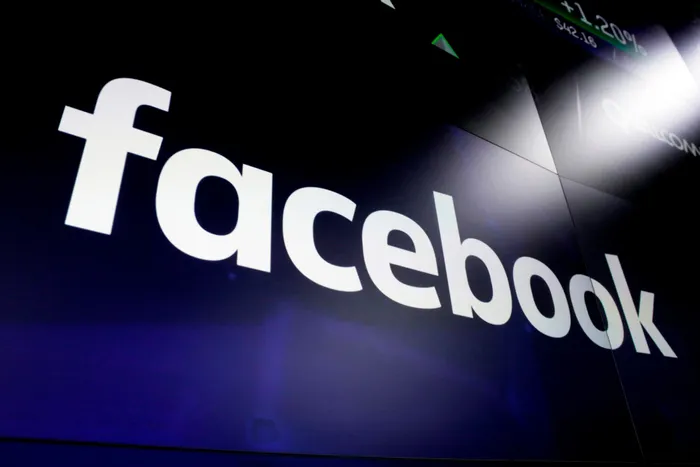'Facebook data leak is bad news for South Africans'

File image: AP Photo/Richard Drew
THE LATEST Facebook leak, which has seen the data of more than 500 million people leaked, did not exclude South Africa. According to an information communication technology expert, this would result in attempts at identity theft “skyrocketing”.
The hack took place in 2019 but has come to the public’s attention only recently. It was reported that a user on Telegram set up a Telegram bot that had the phone numbers and e-mails of a large number of Facebook users.
Information and communications technology expert Arthur Goldstuck said: “The Facebook data leak is bad news for South Africans, because when one looks at the data of the countries from which the users’ information has been leaked, it appears that South Africa has up to 14 million users’ information compromised. It’s identified as Africa, but when you look at other African countries, they have their individual totals, so they probably recorded South Africa as Africa.”
He said Facebook was merging the information of WhatsApp and Facebook users, which would happen over the next few weeks. Goldstuck, the managing director of World Wide Worx, said Facebook had assured users that the information it was using would be for accurate and targeted advertising only. However, the reality was that Facebook did not have a history of protecting user information and privacy.
He said this was the latest in a line of such incidents.
Goldstuck was commenting after it was widely reported that the information of about 553 million users had been compromised in a hack.
Goldstuck said people needed to be vigilant when they were online.
“People need to be very aware of anything untoward happening with any of their social media accounts - any strange e-mails they get, any request to click on a link. Be very careful; be very wary. You are going to see attempts at identity thefts skyrocketing around the world, and South Africa won’t be exempt,” he said.
Facebook, in association with the World Health Organization, had launched a campaign against Covid-19 misinformation, but there was no information about the extent to which its own users’ information had been compromised.
Facebook spokesperson Liz Bourgeois said: “This is old data that was previously reported on in 2019. We found and fixed this issue in August 2019.”
Facebook has had a long history of hackers stealing user information. The New York Times reported in 2018 that the data of 30 million users had been stolen after an attack on its computer systems.
The information was detailed to the point where it showed the last 15 people users searched for on the social media platform and the last 10 places a user “checked into”. Other information, such as a person’s religious affiliation, telephone number and the device used to access Facebook, were also accessed. This forced 90 million people to log out of their accounts so that their security profile could be reset, the New York Times reported.
Related Topics: